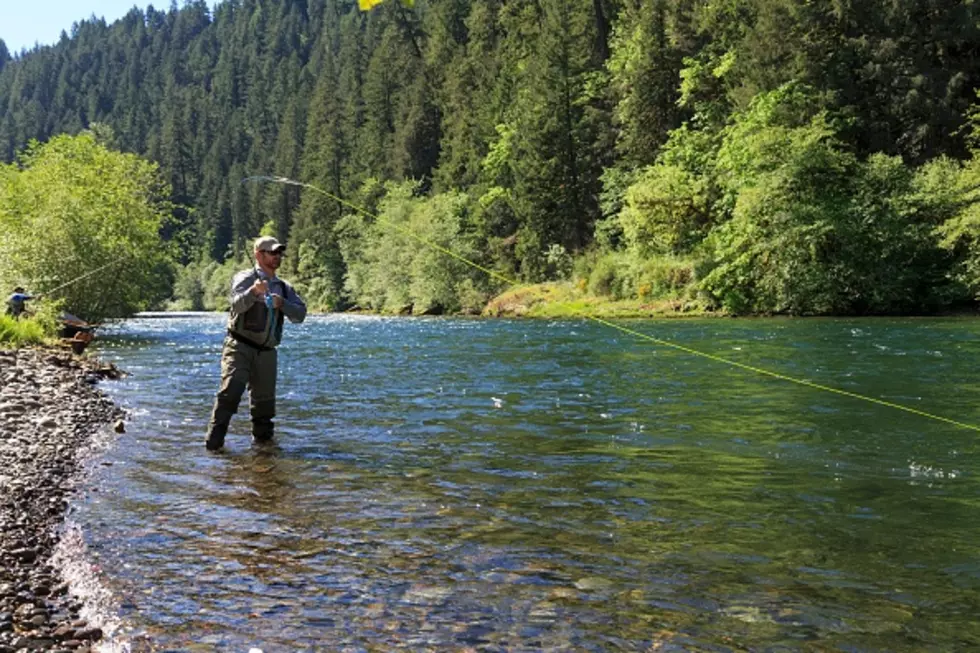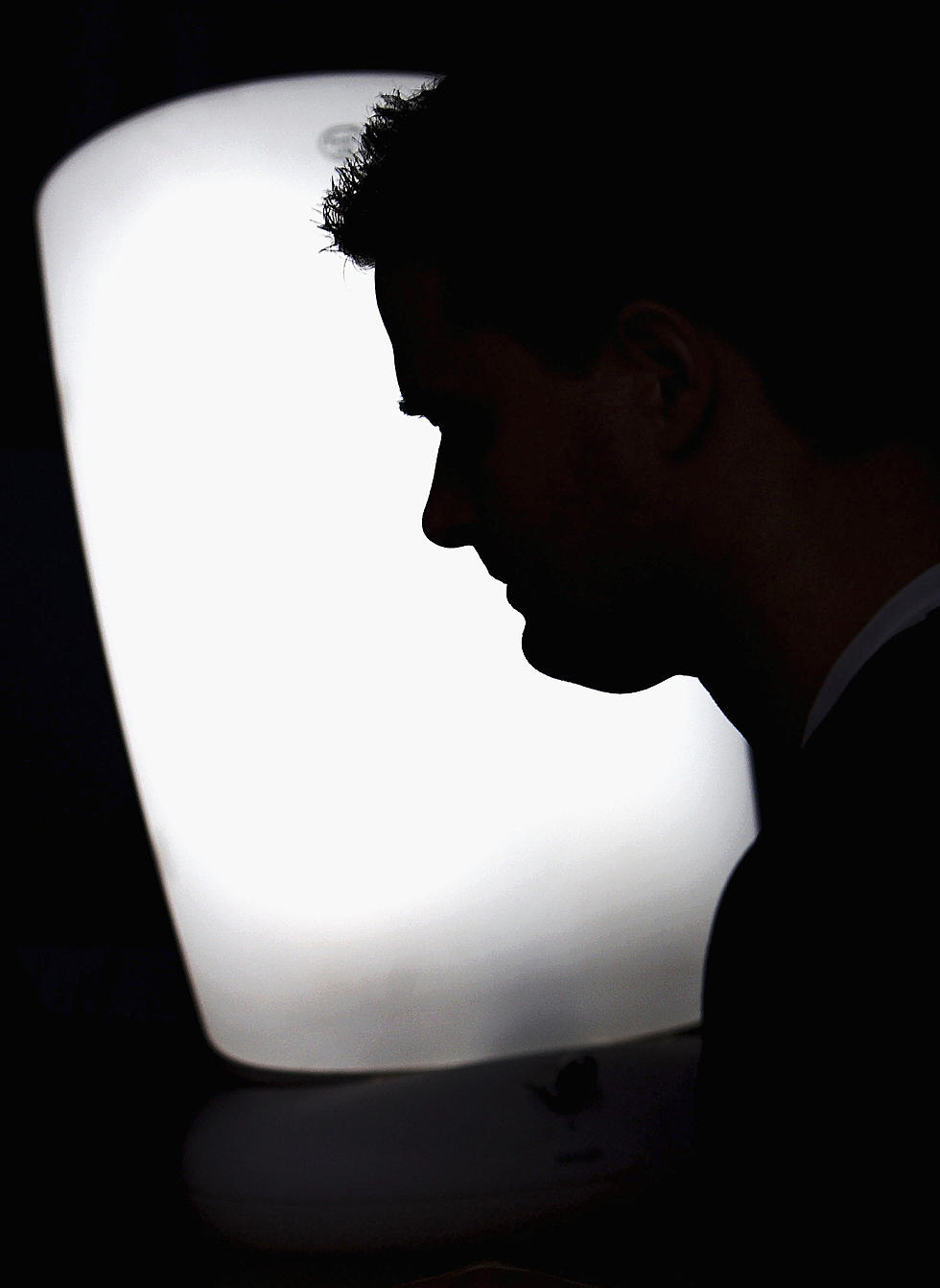
Ft Caspar Free Summer Lecture Series Set
Fort Caspar Museum is pleased to announce its annual FREE summer lecture series for 2014 on seven consecutive Wednesday evenings at 6:30 pm, from June 18th to July 30th. Each presentation will focus on a different “impression on Wyoming,” from past to present and from east to west. These free programs are funded in part by the Fort Caspar Museum Association and the Wyoming Humanities Council.
Each lecture will take place in the Multi-Use Room at Fort Caspar Museum. The programs will be approximately 45 minutes to an hour in length including the lecture and a discussion opportunity. If the presenter has published on a relevant topic, the lecture will conclude with a book signing.
The first lecture on June 18th will be “How the West Was Sung” with folk historian and musician Bill Rossiter. This “soundtrack to the great westward migration” will feature period and contemporary songs. Mr. Rossiter will examine how music was used as propaganda, like the optimistic song “To the West,” which was written by a Scottish journalist. He will contrast it with the rough parody of “To the West” that complained of sick children, rattlesnakes, and the scarcity of barrooms.
On June 25th, Dr. Jeff Broome will tell the remarkable saga of “The Fletcher Family Captivity Story.” The Fletchers were attacked by 300 Cheyenne near Rock Creek Station. Two daughters were captured: 17-year-old Mary and 2-year-old Lizzy. Mary was rescued in 1866, but Lizzy remained with the Indians. The two sisters met in 1902, but Lizzy refused to give up her Indian life, and remained on the Wind River Reservation until her death in 1928. Using maps and photos, Dr. Broome will bring this forgotten story to life.
On July 2nd, Monte Henrie will present a talk on “The Battle of Little Bighorn.” This battle occurred just beyond the Wyoming borders and had serious ramifications for Native Americans, emigrants, and homesteaders. Mr. Henrie will discuss how the 1851 Treaty of Fort Laramie, the Wagon Box Fight, the Fetterman Massacre, and the creation of the Bozeman Trail set off a chain of events that led the U.S. Army into battle with the largest gathering of Native Americans in world history.
On July 9th, Richard Ewig will talk about “The Mysterious Suicide of Senator Lester Hunt.” Lester Hunt was a popular politician who was the first person to be elected for two consecutive terms as Governor of Wyoming. As governor, he commissioned artist Allen Tupper True to draw the famous “bucking horse and rider” that still adorns Wyoming license plates. During his Senate career, Hunt became a bitter enemy of Senator Joseph McCarthy. Hunt’s body was found in his Senate office, a victim of suicide. Ewig will look at the various events that led to Lester Hunt’s death.
On July 16th, Dr. Danny Walker will talk about “The Power of Place: Legend Rock Petroglyph Site.” Dr. Walker is the lead archaeologist for Legend Rock, and he will share recent discoveries made at the site. He will also discuss the 3-D photogrammetry recording of Legend Rock that has been completed since 2007.
On July 23rd, Heyward Schrock will present “Rest and Refuel Along the Lincoln Highway.” Using old photographs, he will discuss the history of early automobile travel across Wyoming using a 1920s travel guide. He will draw upon the parallel history of wagon-bound emigrants who relied on printed Oregon Trail Guides to plan their journey. By sharing the archaic Official Road Guide of the Lincoln Highway, Mr. Schrock will demonstrate that 1920s travelers continued the Western tradition of guide-book emigration.
On July 30th, Jefferson Glass will present a talk on John Baptiste Richard, known colloquially as “Reshaw.” Reshaw built the first toll bridge across the North Platte River in present-day Natrona County in 1852. This bridge was used by emigrants, gold seekers, and pioneers who were heading west. Mr. Glass has researched Reshaw for fifteen years and has been able put a narrative to Reshaw’s name. He will also discuss his methods for researching historical figures.
For more information, contact the Museum at 307-235-8462 or check the Fort Caspar Museum website, www.fortcasparwyoming.com. Fort Caspar Museum is located at 4001 Fort Caspar Road.
More From K2 Radio








